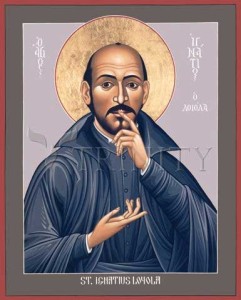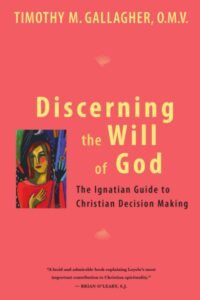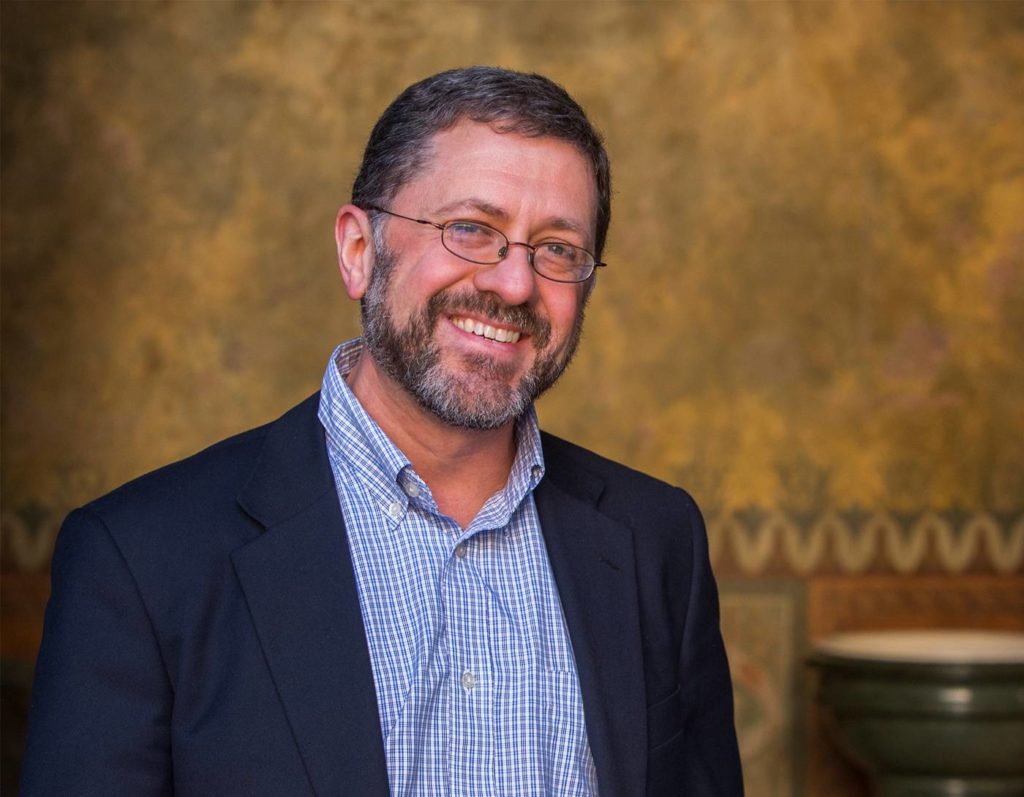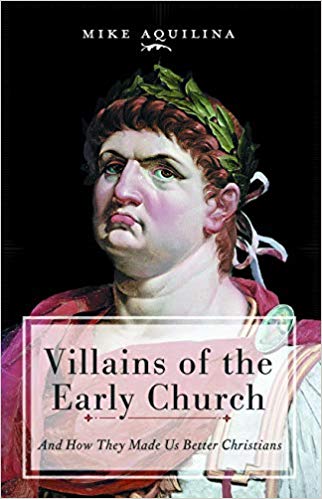Podcast: Play in new window | Download (Duration: 28:28 — 19.6MB) | Embed
Subscribe: Apple Podcasts | Spotify | Amazon Music | Android | Pandora | iHeartRadio | JioSaavn | Podchaser | Gaana | Podcast Index | Email | TuneIn | Deezer | Anghami | RSS | More
 Foundation of Discernment – “What am I to do?” The Discernment of God’s Will in Everyday Decisions with Fr. Timothy Gallagher
Foundation of Discernment – “What am I to do?” The Discernment of God’s Will in Everyday Decisions with Fr. Timothy Gallagher
Fr. Timothy Gallagher explains that true discernment begins not with decision-making techniques, but with a spiritual foundation rooted in knowing God’s love. Drawing from St. Ignatius of Loyola’s teachings, he reflects on 1 John 4:19: “We love because He first loved us.” Fr. Gallagher shares two conversion stories—Michael, a college student who encounters God’s mercy and love in a desperate moment, and Catherine, a young woman whose experience of God’s tender presence awakens a desire to respond in love. These encounters reveal that the ability to seek God’s will arises naturally from the awareness of being loved by Him.
Fr. Gallagher explores how this love forms the heart of discernment: it is a relationship of trust and communion of wills between God and the person. Referencing John Henry Newman, each person has an irreplaceable mission in God’s plan—“God has created me to do Him some definite service.” Like Jeremiah and Mary, every person is uniquely called from eternity. When one grows in prayer and faith, that love deepens into readiness to say, “Whatever You want, Lord.” This openness marks the true disposition needed for discernment, where love and freedom unite to follow God’s personal call.
 Discerning Hearts Reflection Questions:
Discerning Hearts Reflection Questions:
- How have I personally experienced the truth that “we love because He first loved us”?
- When have I most deeply recognized that I am loved by God without condition?
- How does knowing God’s love affect the way I approach important decisions in my life?
- In what ways might fear or self-reliance hinder me from trusting God’s loving will?
- What helps me grow in awareness of God’s presence and affection in daily prayer?
- Can I identify a time when I, like Michael or Catherine, sensed God inviting me into deeper relationship?
- How does the idea that God has created me for “some definite service” shape my sense of purpose?
- What unique gifts or circumstances in my life reveal my irreplaceable place in God’s plan?
- Am I willing to say to God, “Whatever You want, Lord,” with a free and peaceful heart?
- How can I nurture greater openness and love so that my discernment becomes a true response to God’s invitation?
From The Discernment of God’s Will in Everyday Decisions:
“Three Times in which a Sound and Good Choice May Be Made
The first time is when God Our Lord so moves and attracts the will that, without doubting or being able to doubt, the devout soul follows what is shown to it, as St. Paul and St. Matthew did in following Christ our Lord.
The second time is when sufficient clarity and understanding is received through experience of consolations and desolations, and through experience of discernment of different spirits.
The third time is one of tranquility, when one considers first for what purpose man is born, that is, to praise God our Lord and save his soul, and, desiring this, chooses as a means to this end some life or state within the bounds of the Church, so that he may be helped in the service of his Lord and the salvation of his soul. I said a tranquil time, that is, when the soul is not agitated by different spirits, and uses its natural powers freely and tranquilly.
If the choice is not made in the first or second time, two ways of making it in this third time are given below.”
Father Timothy M. Gallagher, O.M.V., was ordained in 1979 as a member of the Oblates of the Virgin Mary, a religious community dedicated to retreats and spiritual formation according to the Spiritual Exercises of St. Ignatius. Fr. Gallagher is featured on the EWTN series “Living the Discerning Life: The Spiritual Teachings of St. Ignatius of Loyola”. For more information on how to obtain copies of Fr. Gallaghers’s various books and audio which are available for purchase, please visit his website: frtimothygallagher.org




 Episode 2 – Caiaphas – Villains of the Early Church with Mike Aquilina
Episode 2 – Caiaphas – Villains of the Early Church with Mike Aquilina
